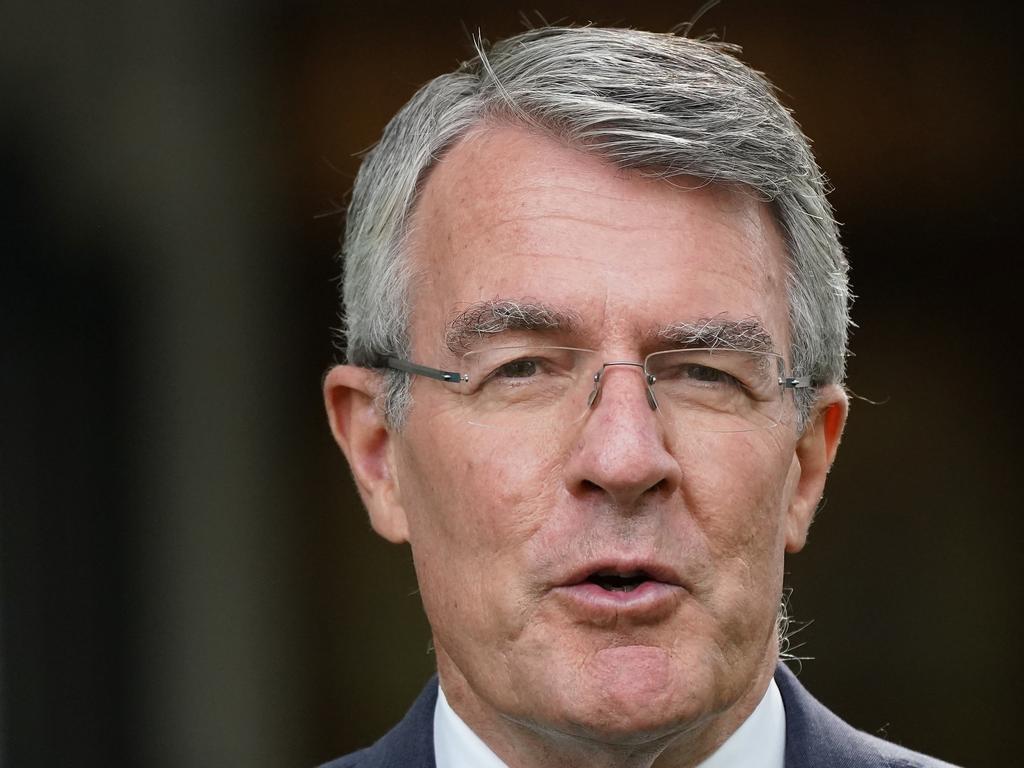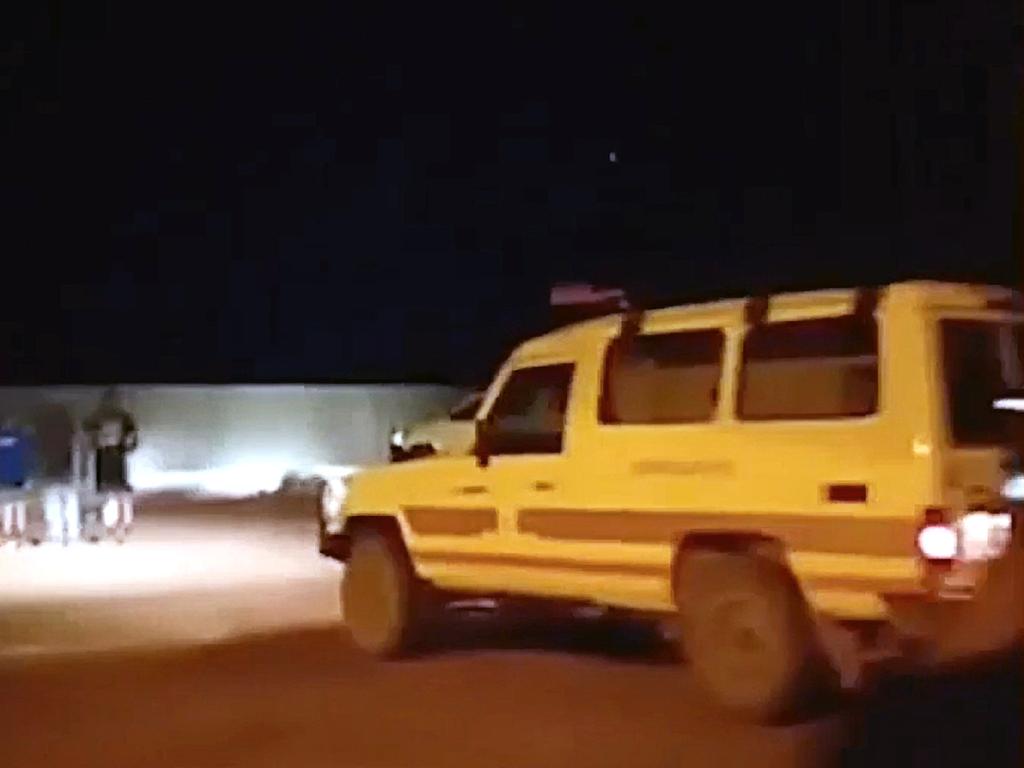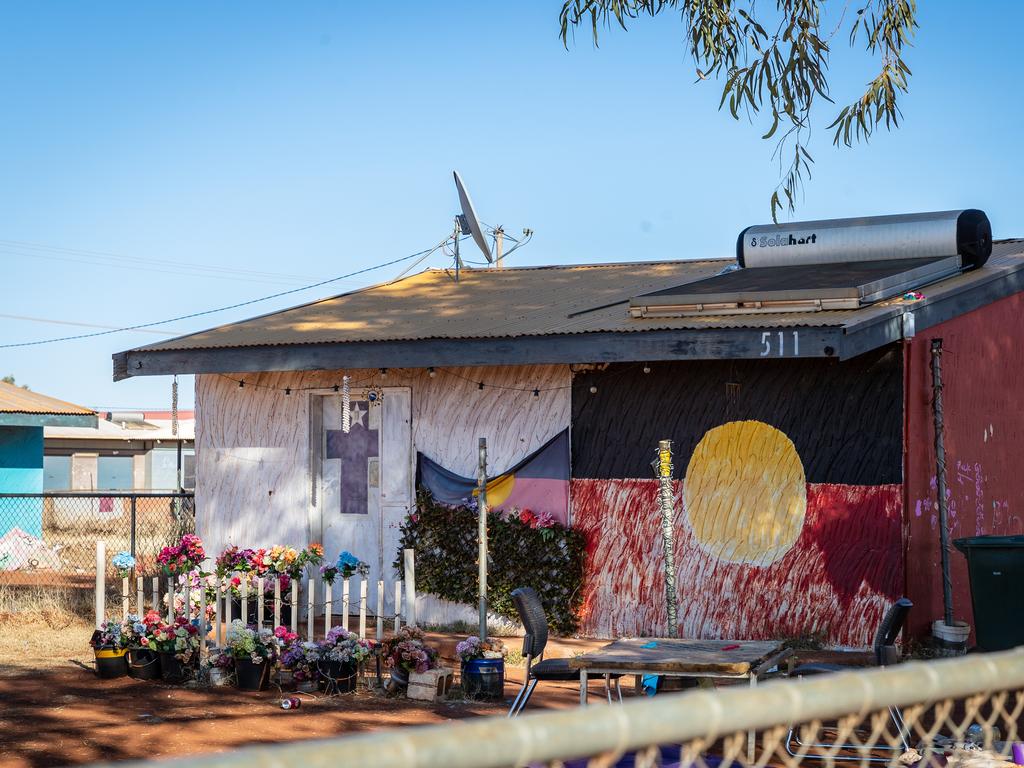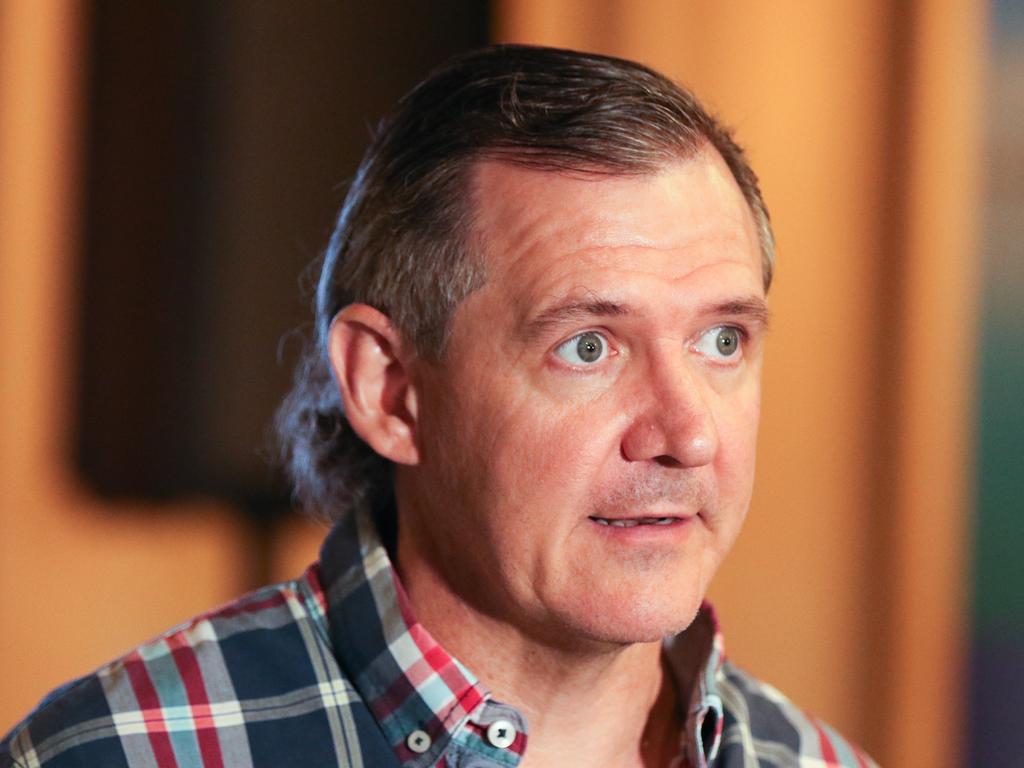Yuendumu trial: Top End weighs reforms to ‘unfair’ justice system
A lawyer who represented Palm Island residents after the death in custody of Mulrunji Doomadgee says Indigenous Australians in the Top End have ‘no real access to justice’.
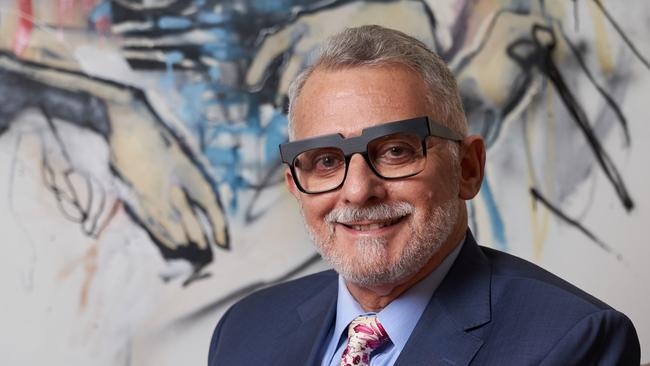
A lawyer who represented Palm Island residents after the death in custody of Mulrunji Doomadgee says Indigenous Australians in the Top End have “no real access to justice” due to issues such as poor police investigations and unfair jury selection.
The comments come as The Australian can reveal the Northern Territory government is contemplating reforming parole, bail and jury selection laws to address elements deemed “unfair, discriminatory or detrimental to Aboriginal people”.
Kumanjayi Walker’s relatives and other Yuendumu community members protested outside court, after Zachary Rolfe was acquitted of murder, that they had been denied a fair trial by a “really dishonest” system looking only through non-Aboriginal eyes.
“We felt we were left out. Are we not part of Australia?” Warren Japanangka Williams said. “We want Yapa (Warlpiri) people on juries that can hear or tell other jury members how we see it; it’s always Kardiya (non-Aboriginal) people seeing it through their eyes.”
They complained Constable Rolfe was allowed to remain on bail for more than two years, where similar Aboriginal defendants are held on remand.
Stewart Levitt, a lawyer and activist who secured a historic $30m payout for Palm Island residents, said there was “no real access to justice for Indigenous people through the criminal justice system in Northern Australia”.
“The whole principle of juries is that a person gets tried by their peers,” he said. “Could it be said that a non-Indigenous person is a peer of an Indigenous person from Katherine, Central Australia or anywhere else in terms of their lives and values?
“The system is so vulnerable to manipulation … there’s no real oversight.”
He pointed to weaknesses in police investigations – two Palm Island investigations were found to be flawed – and queried whether anyone who doubted the ability of an Indigenous person to deliver a fair verdict in a case involving a non-Indigenous victim felt the same way when circumstances were reversed.
Attorney-General Selena Uibo, an Aboriginal woman, said her government was “reviewing and reforming legislative provisions within the justice system that are unfair, discriminatory or detrimental to Aboriginal people” but declined to go into specifics.
“The scope of the review includes examining laws which restrict the geographic areas from which jurors can be drawn,” she said.
Territorians are disqualified from serving on juries if they cannot read, write and speak English, have spent time in jail in the past seven years or do not reside in the Greater Darwin or Alice Springs areas.
Constable Rolfe’s trial was moved from Alice Springs – which has a higher proportion of Indigenous residents – to Darwin after his lawyers argued some “extraordinary pre-trial publicity” could be “highly prejudicial” to the case.
None of the jurors empanelled was visibly Aboriginal, but Constable Rolfe’s father suggested one was related to an Indigenous community police officer.


